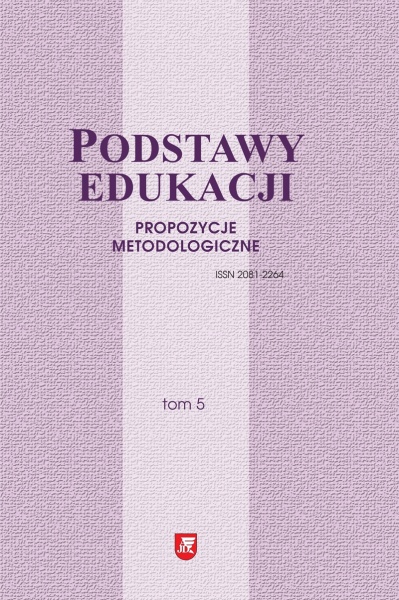Abstract
Using backward elimination as one of the approaches to stepwise regression allows for the disclosure of a number of factors that simultaneously co-set profiling of the social process. In social life there are usually several factors that are crucial to the process itself. Backward elimination allows to identify all of them and to impress magnitude of individual. This is why the backward elimination as a way of analyzing quantitative data deserves proper attention. In the conducted analysis the bidirectional elimination was used to describe dependencies among one selected variable and many other variables. The usage of bidirectional elimination is discussed on example of research conducted on November 2005. The research mentioned above regarded the presence of modern information technology solutions in educational process. The main goal was to establish factors that depend on the teachers and that determine the computerization of the educational process. Factors that best describe the behaviors and attitudes of teachers towards the process of computerization were sought during the backward elimination analysis. The answer was sought which factors are co-responsible for teacher’s attitude towards the computerization process and which of them take the lead in the process.
References
Babbie, E. (2004). Badania społeczne w praktyce. W. Betkiewicz i in. (tłum.). Warszawa.
Dobosz, M. (2004). Wspomagana komputerowo statystyczna analiza wyników badań. Warszawa.
Kosmala, J. (2008). Nauczyciele wobec informatyzacji procesu edukacji. Częstochowa.
I am aware that the journal is published under the Creative Commons Attribution License (https://creativecommons.org/licenses/by/4.0/legalcode).
By submitting an article, I agree to make it available under this license.
